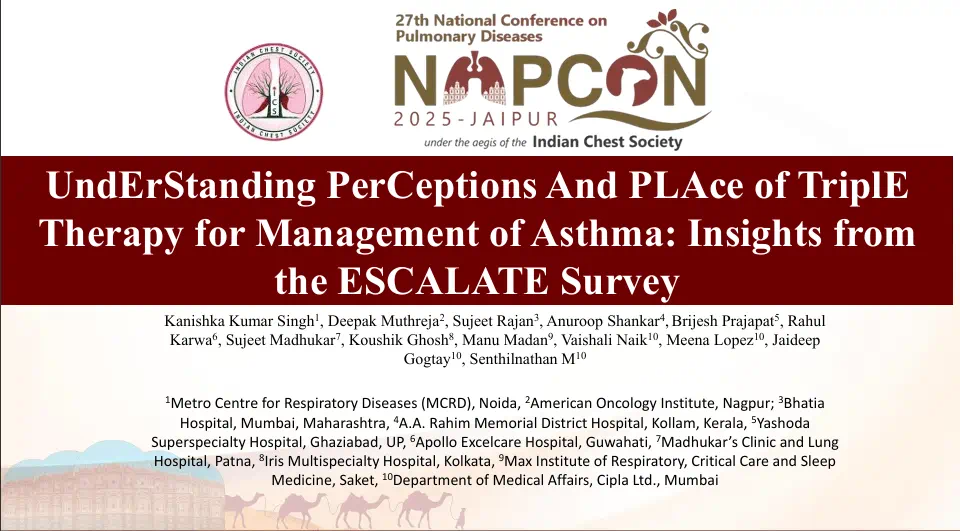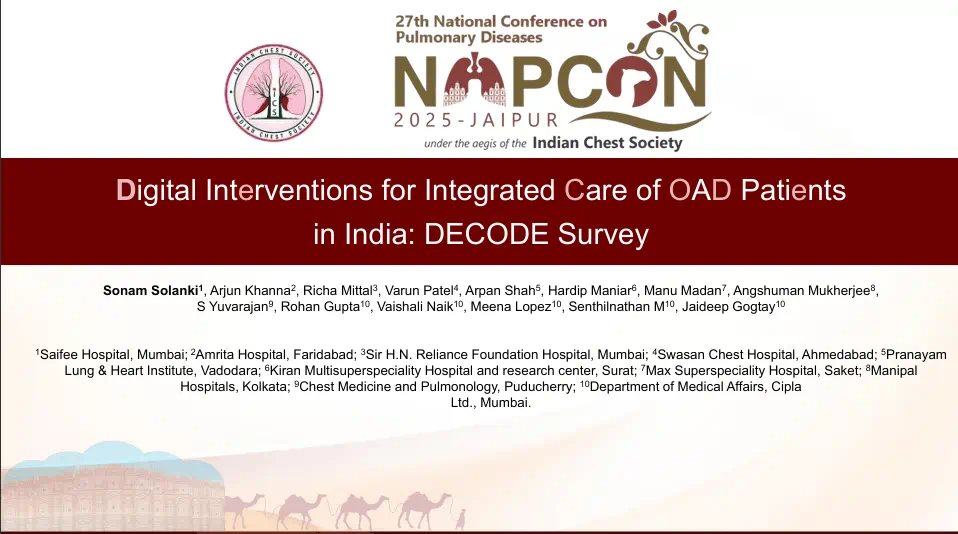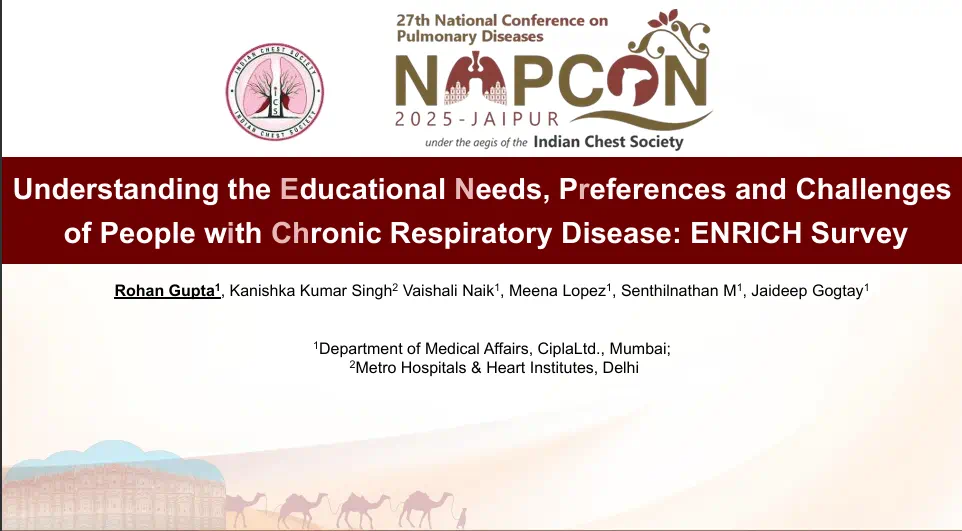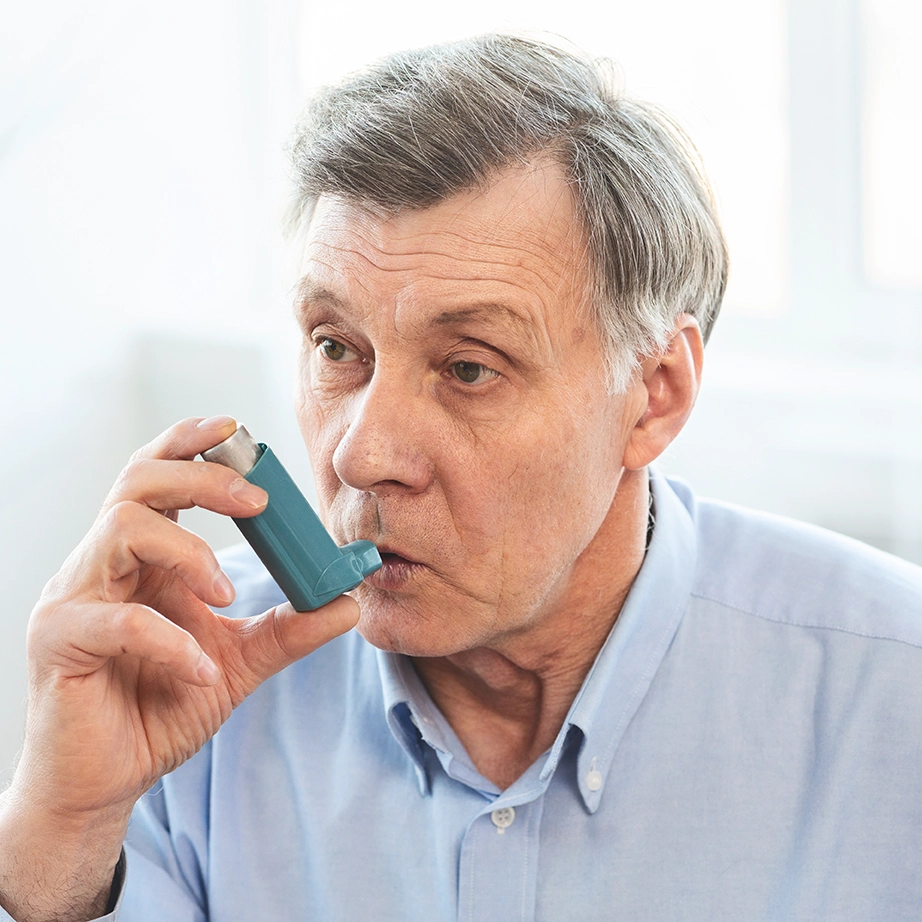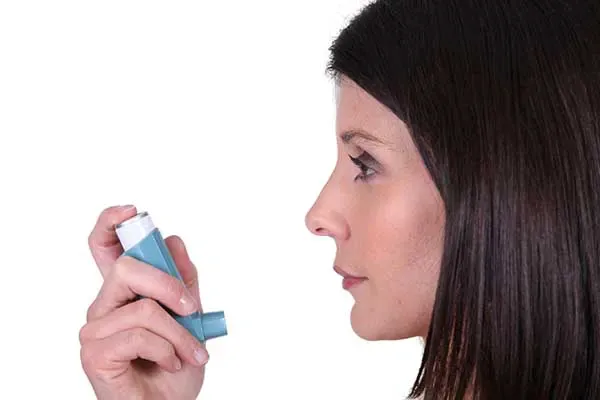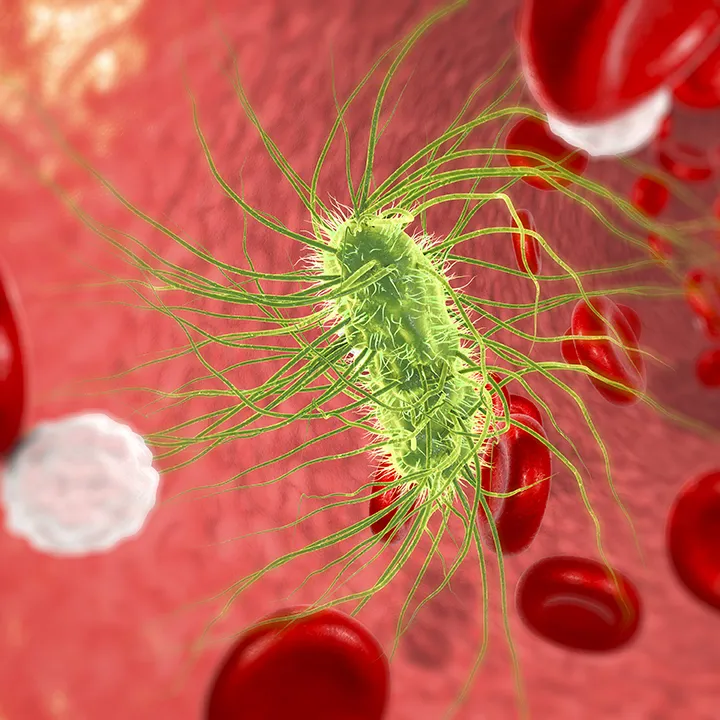Impact of PPIs on Asthma Control in Children with Poorly Controlled Asthma and GERD
Introduction
The association between gastroesophageal reflux disease (GERD) and asthma has not been elucidated completely. Also, it is not clearly understood whether treating GERD would help controlling asthma symptoms in asthmatic patients suffering with GERD.
Aim
-
To determine the effectiveness of GERD treatment [proton pump inhibitors (PPI)] in controlling asthma in children with poorly controlled asthma.
-
To estimate the prevalence of GERD in these children, to characterize asthma triggered or aggravated by GERD and identify the population of asthmatic children in whom GERD should be sought and possibly treated.
-
To identify factors associated with asthma control after PPI treatment.
-
To study the temporal relationship between GERD and asthma.
Patient Profile
-
Patients (n=102; age 4 to 16 years) with poorly controlled asthma and GERD
-
All the study subjects had at least 3 months of regular use of adequate long-term asthma treatment (as per GINA) and had a favorable clinical response to bronchodilators.
Method
Study Design
-
A prospective, randomized, controlled trial
Assessments
-
All the study participants underwent following assessments:
-
Digestive endoscopy for detecting peptic esophageal or any other lesions
-
Esophageal pH monitoring performed during 24 hours of hospitalization
Treatment Strategy
-
Children were randomized in two groups as follows:
-
The control group: The study subjects did not receive any anti-reflux treatment
-
The experimental group: The study subjects were treated with omeprazole; 1 mg/kg/day
-
In case GER persisted even after treatment, the dose of PPI was increased to 2mg/kg/day (without exceeding 60 mg/day)
Outcomes
-
Asthma control after six month of PPI treatment
Results
-
GERD was present in 57.8% of the study population (n=59).
-
Acid reflux was present in 69.2% patients with partly controlled asthma and 50.8% patients with uncontrolled asthma (p=0.07). Furthermore, 62.5% patients with moderate asthma and 55.7% patients with severe asthma had acid reflux (p=0.52).
-
Of the 59 children with GERD, 33 were treated with PPI and 26 served as the controls.
-
Treatment with omeprazole improved the asthma outcomes in 5 out of 6 children, the improvement was significantly higher than that seen in the control group (Fig. 1).
Fig. 1: Improvement in asthma control in the study groups
-
As per a univariate analysis, male sex, normal birth weight and a positive Prick-test were significantly associated with improved asthma control following PPI treatment. These factors did not remain significant in the multivariate analysis though.
-
The temporal relationship between GERD and asthma was evaluated using symptomatic association probability (SAP), and the probability of this association was not significant in the study.
Conclusions
-
GER was prevalent in poorly controlled asthmatic children, and such patients had acid reflux.
-
Treatment with sufficient doses of omeprazole for 6 months improved asthma control in 5 out of 6 children.
-
This improvement tended to be associated with male sex, positive Prick-test and normal birth weight.
-
The study could not establish a causal link between GER and asthma.
-
Children with poorly controlled asthma should be screened for presence of GERD, and those with proven acid reflux should be treated with a conventional PPI for 6 months.
J Asthma. 2022 Jun;59(6):1169-1176.


